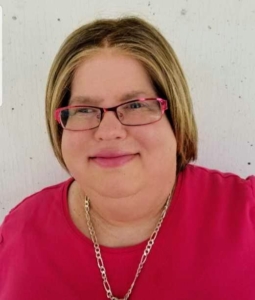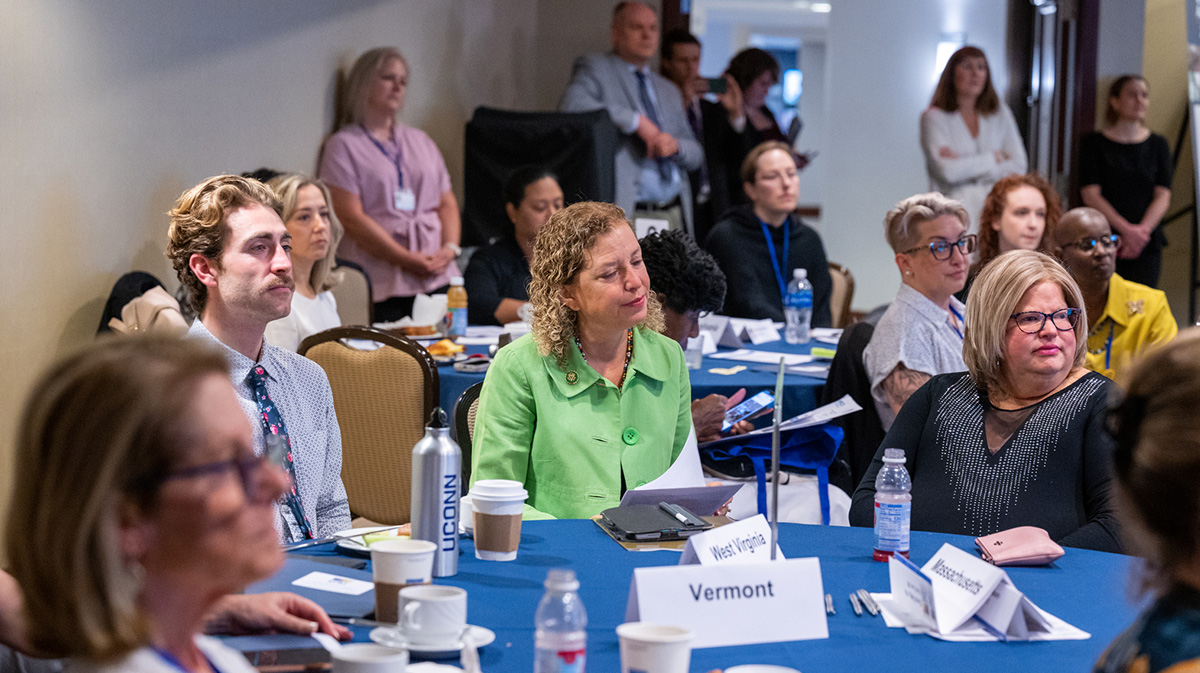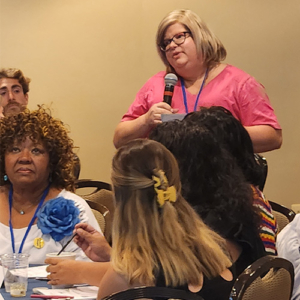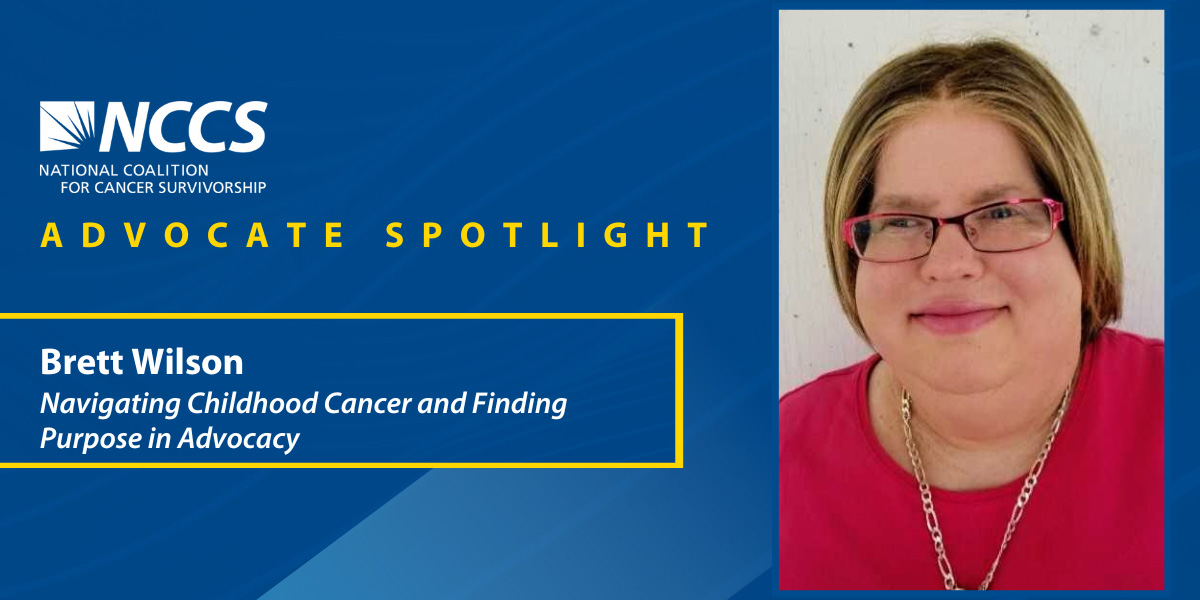Brett Wilson – Navigating Childhood Cancer and Finding Purpose in Advocacy
 Advocate Spotlight: Brett Wilson
Advocate Spotlight: Brett Wilson
Brett Wilson’s cancer experience started when she was just two years old. Her mother was concerned because she was sleeping a lot, so she took her to the doctor. Diagnosed with Acute Lymphoblastic Leukemia (ALL), her family was told she had little chance of survival. Her father remembered learning she wasn’t likely to live more than a year. Brett underwent lengthy treatment, including multiple rounds of radiation and chemotherapy over the course of the next five years. Then, when she was nine years old, Brett faced cancer once again. This time, Non-Hodgkin’s Lymphoma threatened her young life. Over the next three years, Brett endured even more chemotherapy and radiation to shrink the tumors.
Brett officially went into remission at the age of 12. “I was told to go home and be normal,” she recalls. “I had spent eight years of my life dealing with cancer physically and mentally, and never felt normal. I wasn’t treated normal by my peers, either.” Nearly her entire childhood was marked by cancer. Brett struggled to move forward initially, sharing, “I spent most of my life hiding how I really felt, and would say I was fine when I wasn’t. I had no one to share my feelings with and when I did, my perspective on how I felt seemed to be wrong.”
Despite the challenges of being a childhood cancer survivor, Brett summoned her sense of resilience. “I felt I had an inner strength people couldn’t see, and a faith in myself that never wavered.”
As an adult, Brett still suffers from the long-term effects of her treatment. She is partially blind in her right eye, has some permanent hair loss, experiences ongoing cognitive issues with her processing speed and memory loss, and has faced fertility and hormone issues, heart failure, and lung scarring with ongoing breathing issues. Managing this has been a struggle, particularly because Brett had to learn to advocate for herself to find the answers to her questions about insurance, treatment-related side effects, and the continued psychological and physical impacts cancer has had on her life. “It can be frustrating, draining, and mentally exhausting when no one else will help you,” she says.

Brett is an active NCCS CPAT Member and attended the 2023 CPAT Symposium in Washington, DC.
This knowledge led Brett to a life of cancer advocacy. As the CEO of Walking Miracles Family Foundation, Brett helps newly diagnosed families and survivors impacted by childhood, adolescent, and young adult (AYA) cancer in West Virginia and Western Pennsylvania. Through this work, she provides survivors with practical resources, like travel cards, tablets, and even “port shirts,” clothing made to provide easy access to chemotherapy ports during infusions. Brett is particularly proud of her impact in rural areas, where access to survivorship clinics and resources is limited. “Cancer doesn’t care about color, race, religion, gender, finances, politics, or our job titles,” she points out. “The standards of care have changed since I was diagnosed,” she says. “Still, so many childhood cancer survivors don’t realize they need to follow up. They’ve been told their cancer is gone as children and no one has taken the time to educate them on the long-term effects of treatment. Some survivors don’t even have their medical records, and they fall through the cracks. That is why survivorship plans are vital.”

Brett participates in a discussion during the 2023 NCCS CPAT Symposium in Washington, DC.
In 2011, Brett knew she wanted to learn more about cancer advocacy. She called NCCS and spoke with Ellen Stovall, former NCCS CEO. “I was so inspired by Ellen’s passion for helping cancer survivors at a time when it seemed no one else would.” Brett joined the NCCS Cancer Policy and Advocacy Team (CPAT) and has been an active advocate ever since. Advocacy and policy work is important for cancer survivors, she says, because “we can make it better for others going through it.”
Ultimately, Brett says she wants survivors to avoid the sense of isolation that can accompany survivorship. “Follow up at a survivorship clinic, get a survivorship care plan, find a counselor to discuss your feelings, and get involved. Hearing other survivors’ stories, going to conferences, camps and other social outings really helps. None of us are experts, but we can learn from each other, ask questions, and make friends with other advocates. No one needs to go through their cancer survivorship journey and feel forgotten. Survivorship should be a time of celebration.”
Learn more about Walking Miracles Family Foundation »
Learn more and Join the NCCS Cancer Policy & Advocacy Team »




